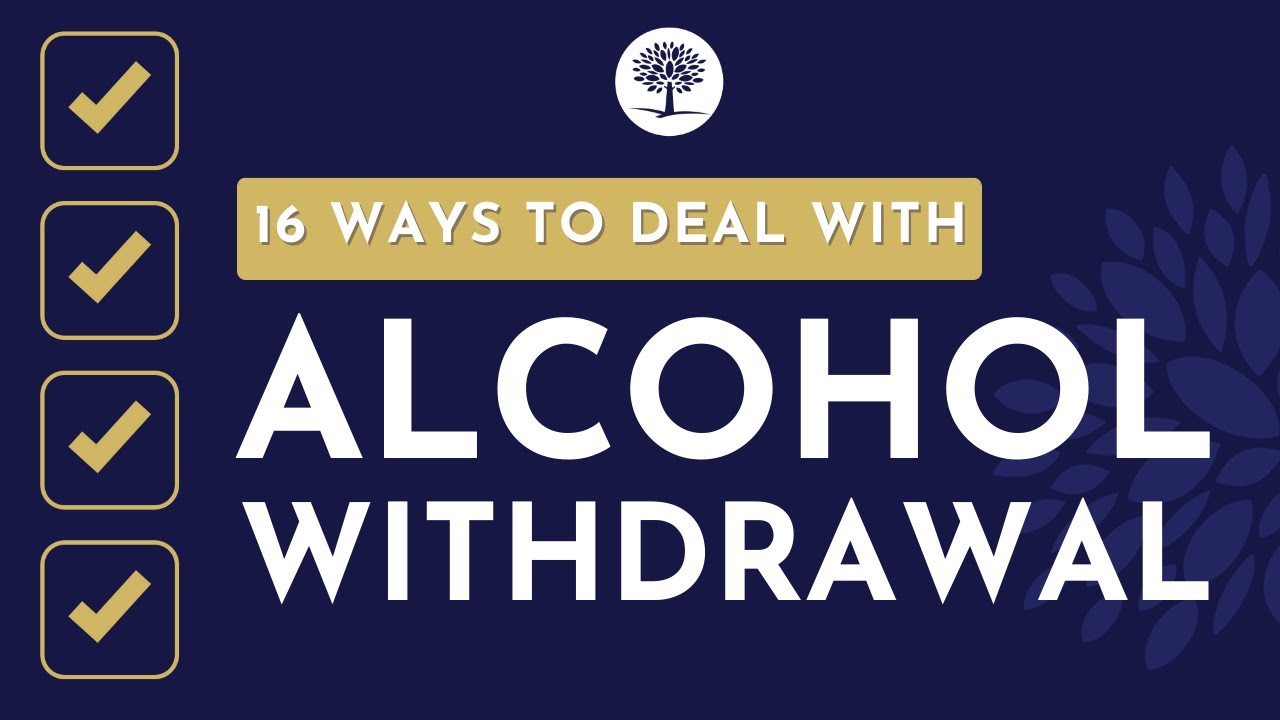Your brain, after prolonged exposure to alcohol, needs time to recalibrate, sometimes months, even after the initial withdrawal symptoms fade. Think of it like a garden that needs tending after a harsh winter. Post-acute withdrawal symptoms (PAWS) can appear weeks or even months later, bringing unexpected bouts of anxiety, disturbed sleep, and shifting moods. These are like the occasional weeds that pop up – less pervasive, but still disruptive. These lingering symptoms can be tough, so having a strong support system is essential.
Alcohol Withdrawal Timeline: How Long Does Each Stage Last?
Professional Support Makes the Difference Quitting alcohol safely resembles landing a plane. Medical professionals act as your air traffic controllers, guiding you to a safe landing. Red Flags That Demand Action Some warning signs flash brighter than others, like emergency vehicles in the night. Our dedicated representatives, who work solely for A helpquitalcohol.com, are available 24/7 to discuss your treatment possibilities. They can provide information about which facility might be a suitable option for you, based on your unique circumstances. In fact, an estimated one-third of people who receive treatment for alcohol issues are sober one year later, according to the National Institute on Alcohol Abuse and Alcoholism.
72 Hours
Only about 1%-1.5% of people with alcohol withdrawal will have DTs. They can continue for several days and are often at their most intense four to five days after your last serving of alcohol. Symptoms of alcohol withdrawal can range from mild to serious and can sometimes be life-threatening. If you drink only once in a while, you’re unlikely to have withdrawal symptoms. But if you’ve gone through alcohol withdrawal once, you’re more likely to go through it again. For most people, alcohol withdrawal symptoms will begin sometime in the first eight hours after their final drink.
Alcohol Withdrawal
Outpatient counseling and psychotherapy is a great resource for everyone, whether or not they’re going through alcohol recovery. For people who are withdrawing and recovering from serious alcohol use, it can be necessary. PHPs can be a great choice of treatment for people who need a highly structured program, but aren’t able to make the commitment that inpatient treatment requires. Commonly known by the brand name Vivitrol, this medication is an FDA-approved drug that was originally created for people with opioid addiction. Research shows that only a small portion of people with AWS require medical treatment. Treatment depends on severity, where mild cases are managed at home with hydration, nutrition, and symptom-relief meds.
It is safe to taper off alcohol with the help of medically assisted detox. In fact, tapering is an effective way to reduce withdrawal symptoms for a safer and more bearable weaning process. Acute alcohol withdrawal is the body’s reaction to a lack of alcohol.
In general, the physical withdrawal process from alcohol should take less than a week. The following is a general timeline that’s meant to guide you in navigating what you might expect when you quit alcohol. For information that’s specific to your situation, talk to your doctor. Alcohol withdrawal is one of the most dangerous types of withdrawal, and can even cause death in rare cases. Getting the proper treatment is critically important when thinking about walking away from alcohol use, so that you can make sure you’re safe and comfortable.
Comprehensive patient care entails acute management and outpatient support in the hospital setting. In the inpatient setting, nurses perform frequent assessments that inform the treatment plan. While some people can manage mild withdrawal at home with the support of friends and family, it is risky to attempt detox without medical guidance. Complications like seizures or severe dehydration can arise suddenly. If you have a history of severe withdrawal symptoms or co-occurring medical conditions, it’s safer to seek professional supervision.
- Addiction myths are false or misleading beliefs about addiction that get repeated so often they start to sound like facts.
- Relapse can happen, especially if underlying triggers or mental health issues are not addressed.
- If you’ve crossed the three-day mark and aren’t experiencing severe complications, you may be in this stage.
A relative or friend must stay with you to monitor your condition. Their job is to make sure that if you develop any worsening of symptoms, they get you to a hospital or call 911 immediately. Hypertension is common, drug addiction treatment and some doctors also prescribe beta blockers during withdrawal. A.D.A.M., Inc. is accredited by URAC, for Health Content Provider (). URAC’s accreditation program is an independent audit to verify that A.D.A.M. follows rigorous standards of quality and accountability.
How to help alcohol withdrawal?
Ark Behavioral Health offers 100% confidential substance abuse assessment and treatment placement tailored to your individual needs. Yes, atypical antipsychotics such as quetiapine may be used to treat alcohol withdrawal, especially in patients who do not respond well to typical treatment options. Typical antipsychotics, such as haloperidol, are not used to treat alcohol withdrawal. A sign of delirium tremens is the excitability of the autonomic nervous system caused by brain changes that result from heavy alcohol use and sudden cessation.
You may experience AWS between a few hours to a few days after your last drink or suddenly after reducing heavy alcohol use. Alcohol withdrawal syndrome (AWS) describes a broad range of symptoms a person with AUD may experience when reducing or stopping alcohol misuse. Alcohol Withdrawal: Symptoms, Timeline and Treatment Diagnosis is based on medical history, physical exam, and the CIWA-Ar scale—a 10-point tool doctors use to assess withdrawal severity and guide care. Alice is a board-certified Family Nurse Practitioner and Addiction Registered Nurse – Advanced Practice. She earned her Bachelor of Science in Nursing from the University of Louisiana at Lafayette and her Master of Science in Nursing from Loyola University New Orleans.
When Should I Get Started on Alcohol Addiction Treatment in New Jersey?
As you can see, the hour period is marked by the potential onset of the most severe complications, reinforcing the need for professional medical care. Remember, seeking help during this time https://ecosober.com/ is not a sign of weakness, but a proactive step towards a safer and more successful recovery. Although many individuals manage mild withdrawal phases at home, these warning signs could point to a more severe withdrawal on the horizon.


